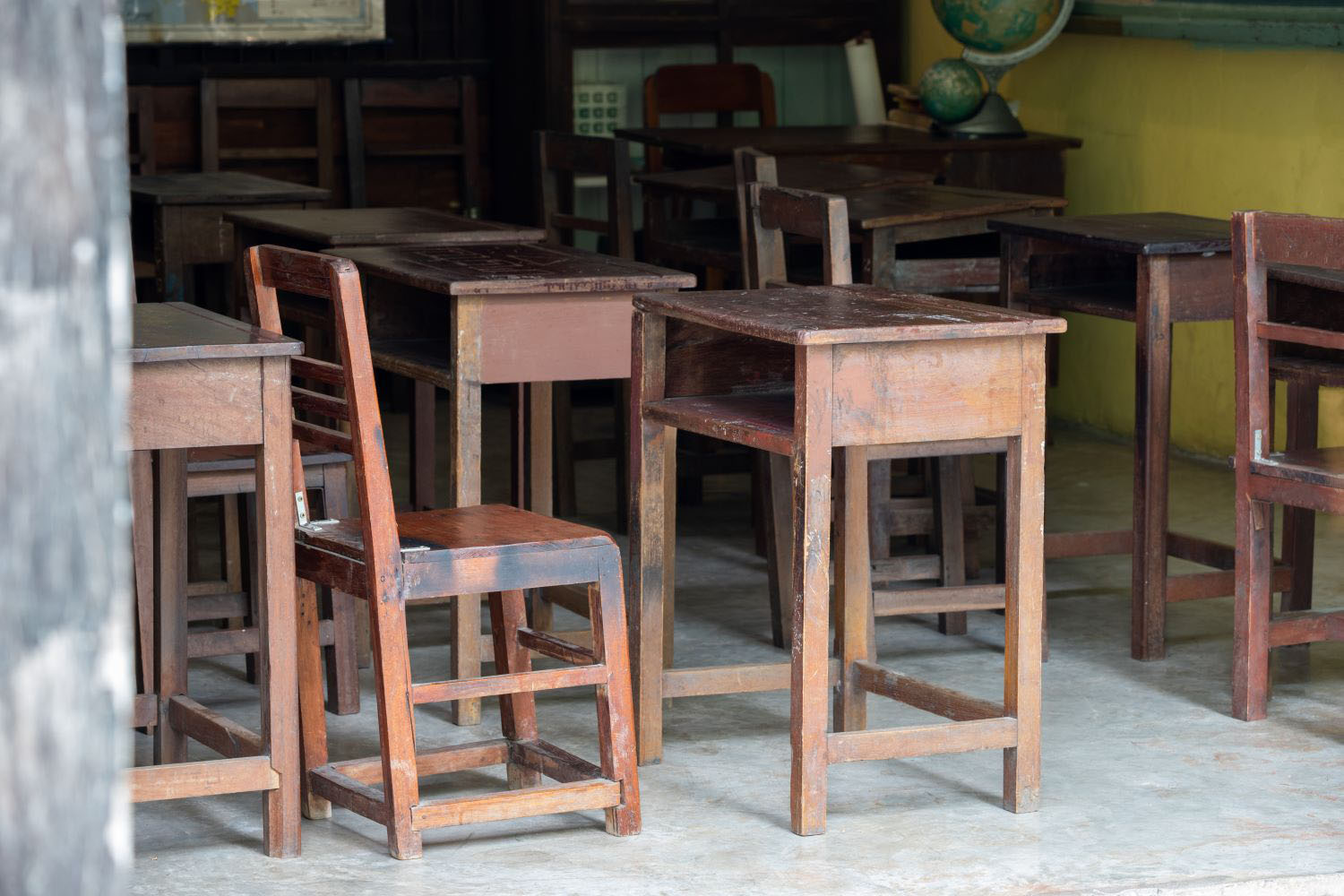With Robert Zoellick’s announcement that he will step down from the World Bank presidency at the end of June, now comes the question of who his successor will be, particularly whether it will be an American. Just a few days ago I commented on the awkwardness of the situation for the White House. The White House has committed in international fora to an open, merit-based, transparent process, but domestic politics (including some would argue continued support for the World Bank from the Congress) dictates that it make every possible effort to place an American once again in that office.It does matter who runs the World Bank and how she or he arrives there. Why?
- The global commons and global public goods. The possible deterioration of the global commons puts at risk the bank’s fundamental mission of supporting sustainable, poverty-reducing growth and development. Consider these examples: climate change, increasing cross-border health risks ranging from pandemic flu to drug resistance the collapse of fisheries, and politically and economically destabilizing water and other natural resource scarcities. There are many experts and many UN, civil society and academic institutions concerned with these problems. But the World Bank may be the only single institution that can bring the combination of financial, technical and political clout to help shape a global response. So far that hasn’t happened. The bank is involved in all those areas, but its involvement is ad hoc, heavily constrained by its dependence on the country-based loan instrument (e.g. no financing for intellectual property licensing, no mandate to provide independent verification of forest changes) or on special rich country donor initiatives (its climate investment funds are trust funds dependent on UK and other special contributions). To address these problems of the global commons and global public goods, the next World Bank president will need the legitimacy and the persuasive powers to corral the bank’s members, to win a clear mandate and associated tools and financing to play a more central role – as catalyst, provocateur, and innovator.
- The high hassle costs of borrowing for middle-income countries. History and habits make the bank still too much of a nanny in countries like Brazil, China, Turkey – even Peru, Morocco and Mauritius. Yes, those countries often seek and indeed welcome the technical know-how of bank staff. But it takes multiple “missions” and many months – sometimes many years – to go from a request for a loan to actual disbursements. That is why countries with access to private capital go elsewhere whenever they can. The bank needs to find a way to pass more of the risks of poor performance on a program or project it finances from its own staff to the borrowers. It needs to act more like the credit cooperative its founders envisioned. It needs to rely less of detailed planning of inputs ex ante to sensible performance audits during implementation. To deal with the risks of waste and corruption it needs to rely less on ex ante “safeguards” and more on third-party independent audits, with the legal ability to cut off funds where there are serious problems. It needs to treat its borrowers more like clients taking on the risks and responsibilities of programs, and less like children. The high administrative costs of a nanny bank could be better used elsewhere.
- Fragile, flailing, failing, weak states. No one really knows how to help the people of Somalia, Afghanistan, Congo, East Timor and other troubled countries rescue their societies. The World Bank needs to shift from a culture that feels it must pretend what it knows what to do to a culture of trying, failing, adjusting and trying again. To a culture in which the ideas and initiatives of others are welcomed. As a simple start, the bank could revisit altogether its performance criteria for soft landing and grants, and focus more, as my colleague Alan Gelb has proposed, on project and sectoral performance than on overall country performance. That might help create space for municipal officials with outside support to get something right in their own cities, or for central bank or education officials to innovate in their management of troubled school systems.
Disclaimer
CGD blog posts reflect the views of the authors, drawing on prior research and experience in their areas of expertise. CGD is a nonpartisan, independent organization and does not take institutional positions.





